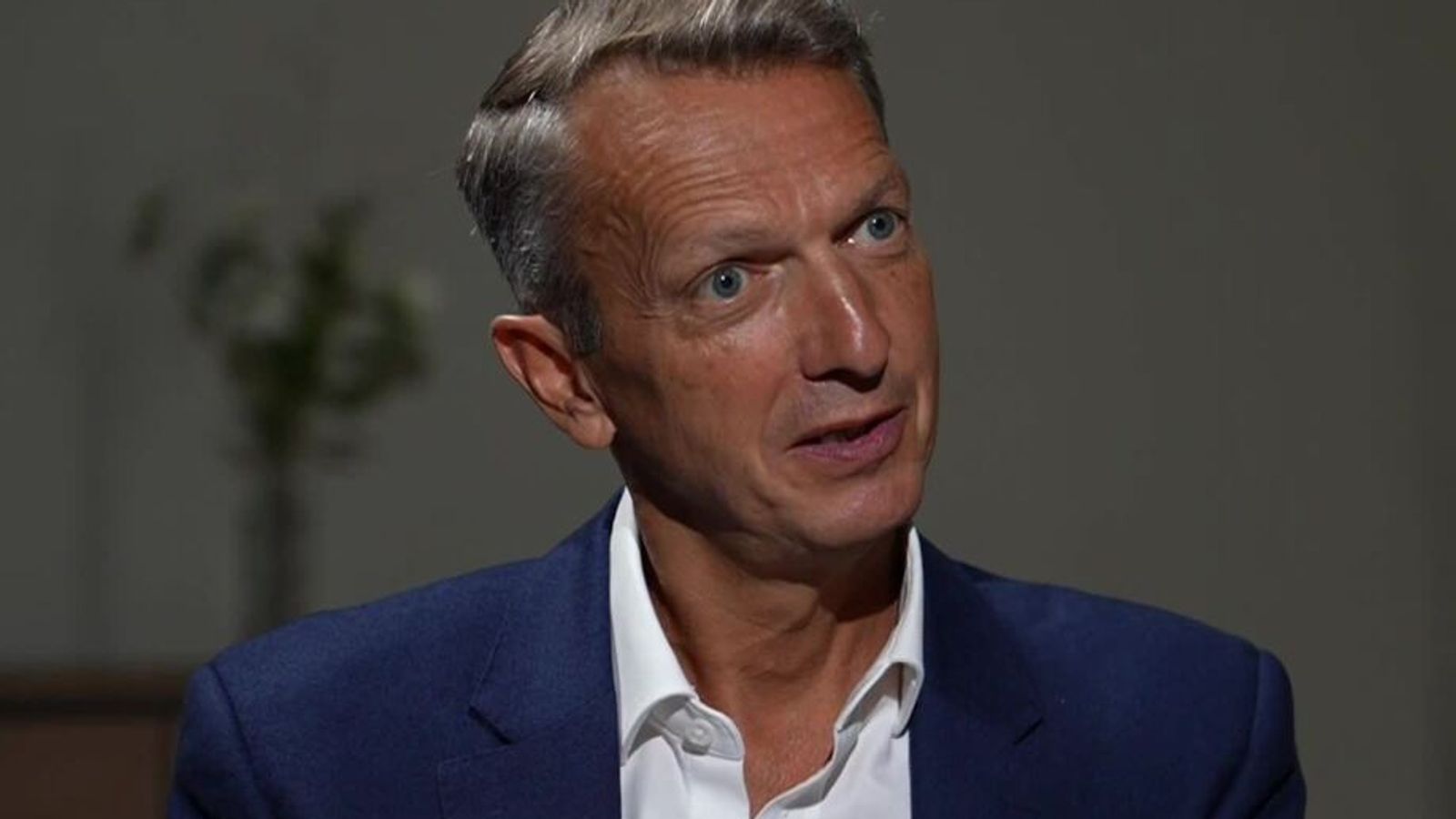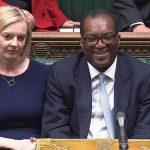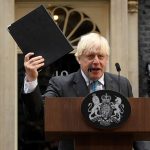The UK has been “underinvesting” in its infrastructure and the crisis surrounding concrete defects in schools and public buildings was “foreseeable”, a former Bank of England chief economist has told Sky News.
Andy Haldane told the Politics Hub with Sophy Ridge show that schools, hospitals, road, rail and digital infrastructure across the UK had all suffered from a lack of investment.
In an exclusive interview with Ridge, the economist said: “We fare poorly when it comes to the amount we save as a country, save as a nation and the amount we invest as a nation.
“And that’s the main reason why we’re seeing these problems.”
Mr Haldane was speaking to Ridge as the UK is in the grip of a crisis regarding the safety of its public buildings and the use of reinforced autoclaved aerated concrete (RAAC), which is prone to collapse after a period of time.
More than 100 schools have been told to either close or partially close their buildings as a result, creating disruption for thousands of pupils just as they prepare to go back to school after the summer holidays.
The crisis has prompted a blame game among politicians, with Labour criticising the Tories for what they believe is 13 years of under-investment, while Gillian Keegan, the education secretary, has expressed frustration at school leaders for not returning questionnaires to inform ministers about whether they are affected by the issue.
Voters prefer Rachel Reeves to Jeremy Hunt for chancellor, poll shows
‘Outrageous’ education secretary tells school chiefs to ‘get off their backsides’ and fill out concrete survey
Concrete crisis: Why are schools struggling to pay for repairs?
It has also re-ignited a debate about spending and the economy as the UK prepares for a general election next year.
Mr Haldane, who stepped down from the Bank in September 2021, said he wanted to see more “political ambition” from both the main parties when it came to investment.
“There’s been in reinvesting in the assets of UK PLC,” he said.
Asked whether the concrete crisis was “foreseeable”, he said: “I think it was foreseeable that if you consistently under invest then the quality of your capital stock – stuff we rely on for our everyday lives, the schools our kids go to, the roads that we drive on, the hospitals that we visit – unless you keep on investing in those things, it trips you up over the longer term.
“We’ve invested too little for too long.”






















